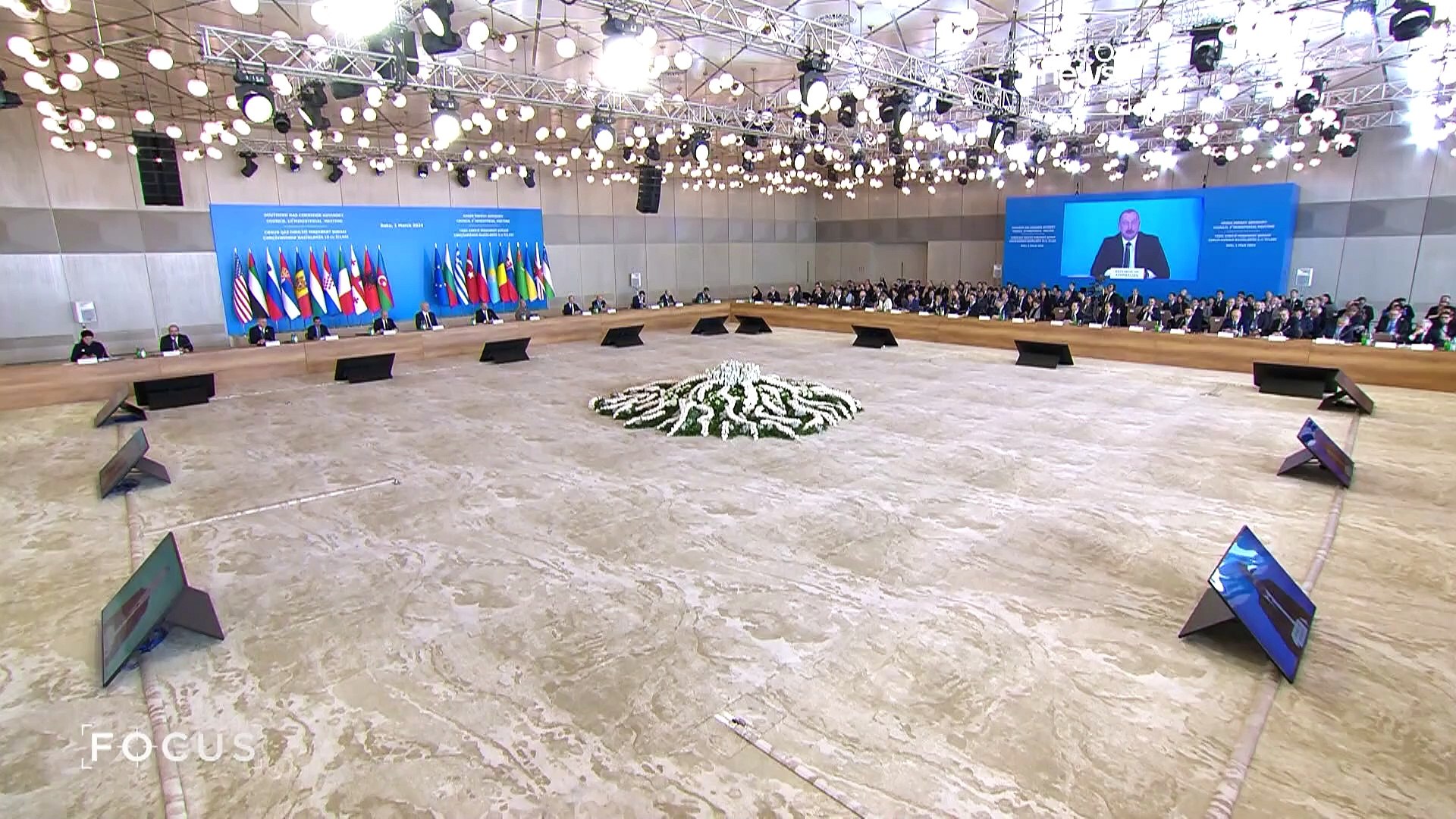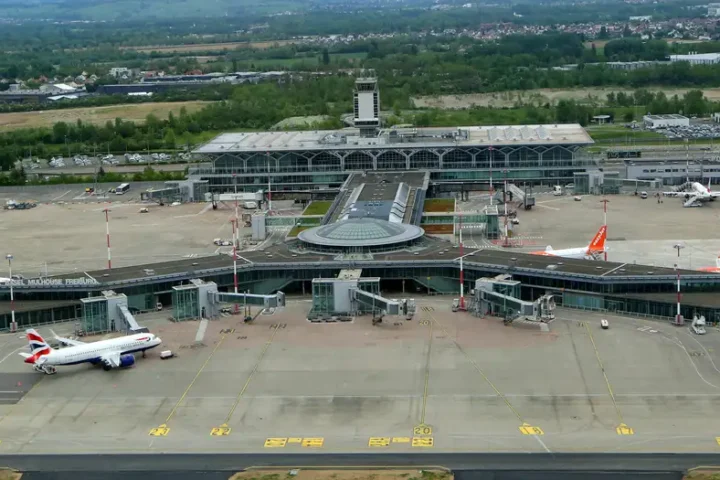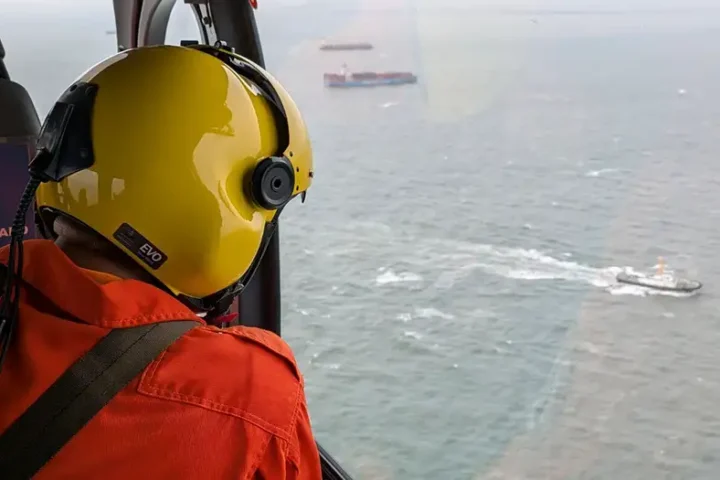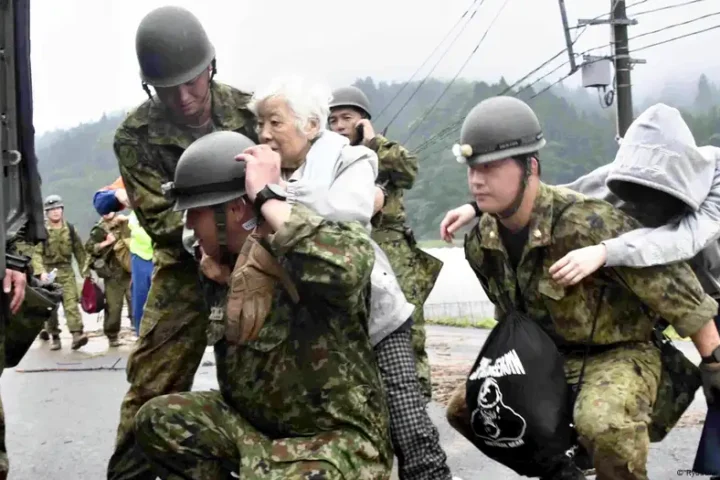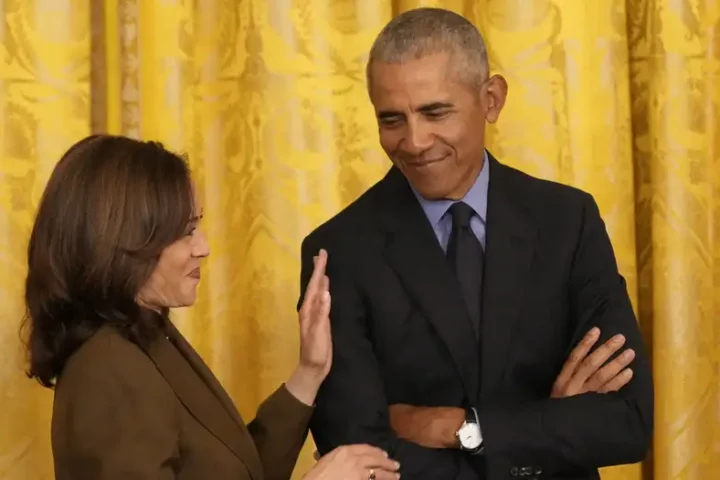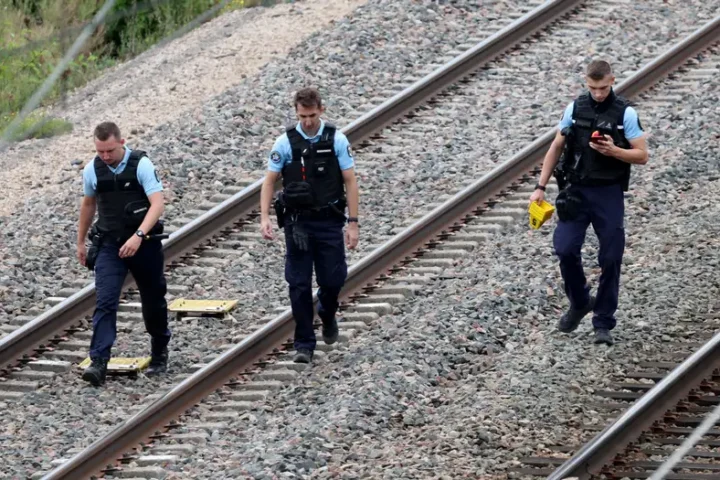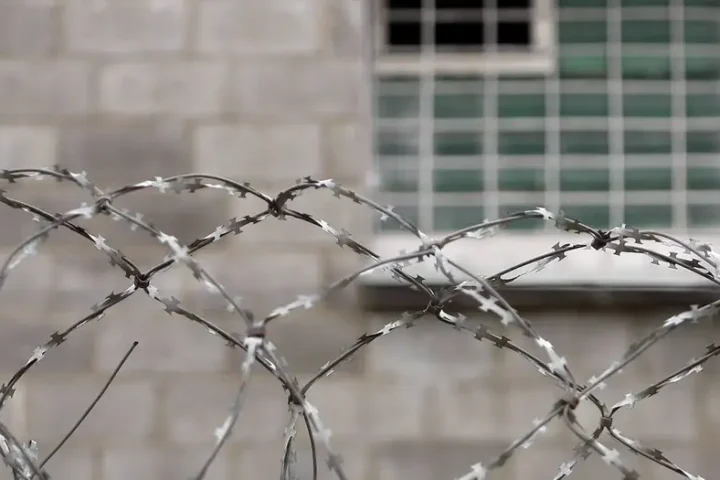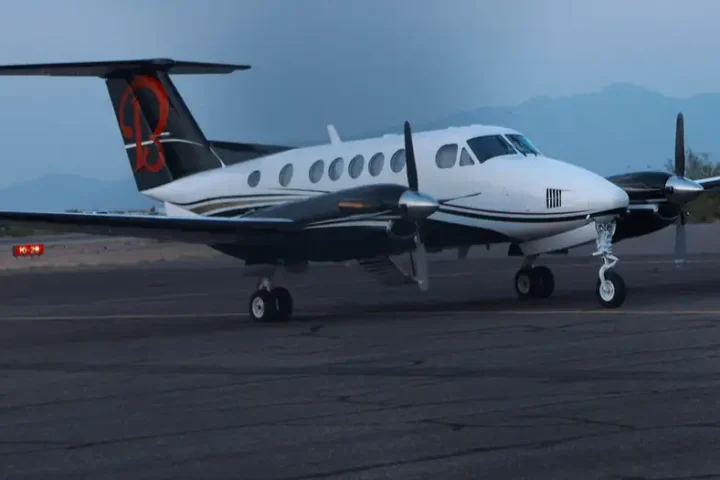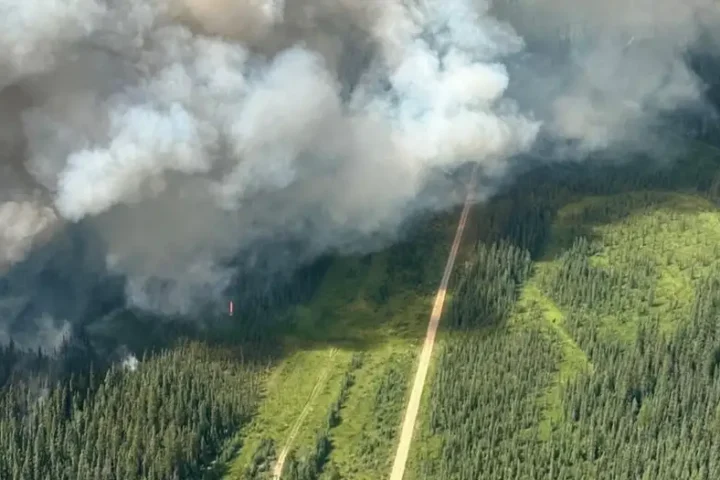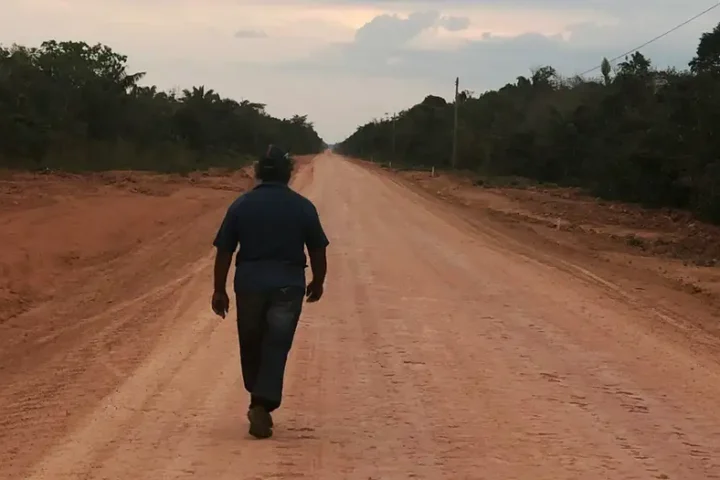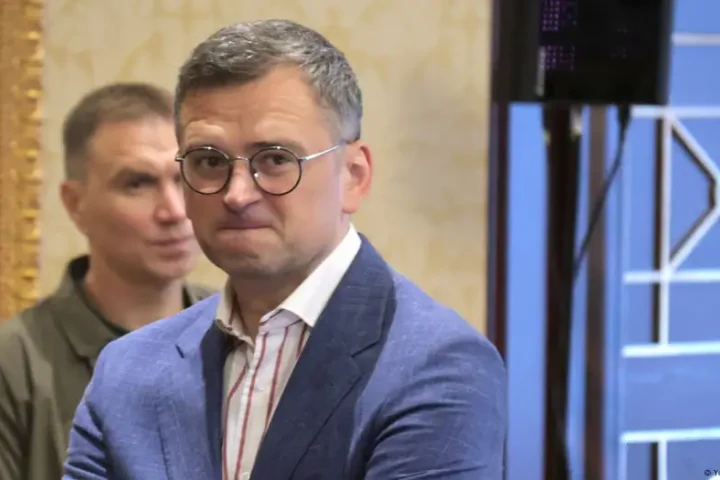The ministerial meetings in Baku included discussions on plans for offshore wind farms in the Caspian Sea and participation in global methane emissions reduction efforts.
The tenth ministerial meeting of the Southern Gas Corridor Advisory Council and second ministerial meeting of the Green Energy Advisory Council took place in Baku, Azerbaijan on March 1. High on the agenda was the expansion of the corridor; a crucial route of gas supply diversification for the EU and its neighbouring countries.
President of Azerbaijan Ilham Aliyev told Euronews: “We started to build this partnership between countries, between companies, inviting, leading international financial institutions to support us with their financing. And (the) 3,500km-long pipeline is now a reality.”
Azerbaijan is a country with large oil and natural gas resources, last year increasing its gas exports by 9% taking it up to 22 billion cubic metres. Currently, the main buyers in Europe include Italy, Greece, Romania, Hungary and Bulgaria and this list looks like it could be set to extend.
“There are many, new, partner countries who are willing to receive even additional volumes of natural gas, despite the fact that we are transitioning away from fossil fuels. But, this takes some decades. Now we want to establish also the future-proof cooperation”, said Kadri Simson, European Commissioner for Energy.
The transition to green and renewable energy was also discussed, with President Aliyev calling for a change in the narrative when judging countries with fossil fuels. “I think the performance of the countries with fossil fuels must be judged by how they address the issue of environmental protection. How they address the issue of green transition,” he said. President Aliyev added that his country has the long-term goal of “investing in renewables and to create a common understanding about the need for that”.
One way that Azerbaijan is looking to get behind this change is via wind farms in the Caspian Sea. Brussels-based WindEurope is an association that promotes the use of wind power in Europe and its CEO, Giles Dickson, told Euronews: “Energy is a cross-border thing. Take Azerbaijan – they want to build lots of offshore wind farms in the Caspian Sea. They won’t consume that energy themselves. They’ll send it through a new power cable that will be built across the Caucasus under the Black Sea into Europe.”
Dickson added that this is only be possible with cross-border collaboration saying: “This is international cooperation. You can only do things like this when the governments come together and they come together with the industry that is going to build it.”
As Azerbaijan prepares to host this year’s United Nations Climate Change Conference, COP29, in Baku, President Aliyev referenced the wider effects of climate change: “We see the implication and dangerous implication of the climate changes. Less water in our rivers, less snow in our mountains, less water in the Caspian Sea. And, if we don’t address this issue with passion and with commitment, then all of us will suffer.”
Source: Euronews
